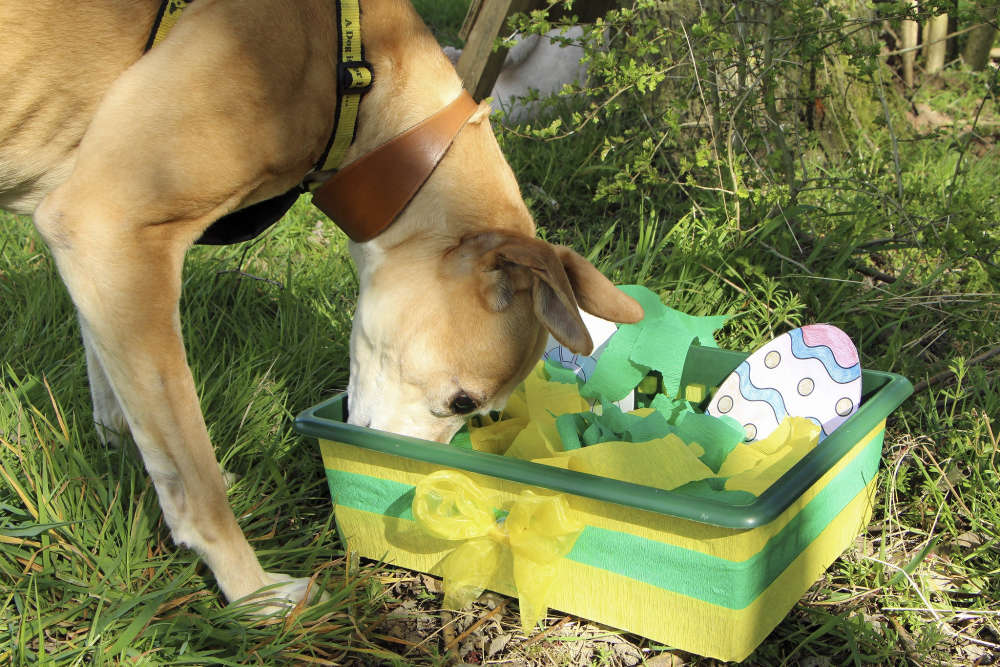
Derbyshire Police are encouraging parents and carers to take some time to talk to their children about their online safety and how to identify trusted adults, on national Child Sexual Exploitation Awareness Day (Thursday 18 March).
During the coronavirus pandemic, more and more children have been spending time online, talking to their friends, gaming, and sharing pictures and voice notes of what they’ve been up to.
In many cases, children and young people are using apps to do this, which have a higher age limit than they are, meaning they can be contacted by people they perhaps don’t know.
The force is therefore urging parents and carers to spot these signs that their child might have been contacted by someone, or have seen something online they shouldn’t:
- Being scared of some people, places or situations
- Being secretive
- Changes in mood
- Signs of physical abuse (bruises, bleeding)
- Going out late/overnight
- Having an older boyfriend/girlfriend
- Involved in a gang, involved in criminal activities
- Have stopped going to school/college.
Youth Engagement Officer Julie Berry said: “With more and more children accessing the internet and being given their own accounts, parents need to be more aware of the issues that can happen online. Grooming happens, and can be subtle. If your child is showing any of the above signs, they might not be telling you something that is happening to them.
"If a child reveals abuse, listen carefully to what they are saying. Let them know they have done the right thing by talking to you about it. Explain what you’ll do next, take them seriously, and let them know it isn’t their fault. When they feel ready, you can contact us to report what has been happening."
To support children through this process, parents are also being encouraged to explain that they intend to seek support from police who may want to come and speak with them to establish what has happened.
Other advice includes:
- If possible, take control of any device used to communicate with the person of concern, but do not switch the device off and ensure any password or codes are known.
- Advise the child not to delete anything from the device.
- Consider taking photographs or screen shots of any contact details on the device including usernames etc., and if possible, keep the device charged and in aeroplane mode until officers can attend.
Derbyshire Police has produced a worksheet that parents can go through with their children to identify a trusted adult, and are asking those who typically work with younger children to share it to help identify and approach them with any concerns they have.
For older children, messages are being communicated via social media, encouraging them to contact charities such as the NSPCC and Childline, or to speak to the police or Crimestoppers directly.
Inspector Rich Booth said: “With the current lockdown restrictions in place, we are concerned that the abuse of children may now be going unnoticed and youngsters may be caught in vulnerable situations without knowing who to turn to for help.
“It is with this in mind that we are encouraging people to share these messages with children, telling them who they can speak to if they need help.
“We hope that parents and carers will support younger children by sharing these worksheets and colouring activities, giving youngsters the chance to open up and talk about anything they want to share.
“We want children to know that being at home doesn’t mean they are isolated. There are many people out there who can and will help.”
Anyone concerned about a child should get in touch with police via the following methods:
- Facebook – send a private message to /DerbyshireConstabulary
- Twitter – direct message the contact centre on @DerPolContact
- Website – complete the online contact form www.derbyshire.police.uk/Contact-Us
- To find out more about CSE and the support available, visit: https://www.stop-cse.org/national-child-exploitation-awareness-day/
Read more from the Glossop Chronicle
Click here for more of the latest news
Click here to read the latest edition of the paper online
Click here to find out where you can pick up a copy of the paper


 Dogs Trust Manchester gives cracking advice on how to have a dog-friendly Easter
Dogs Trust Manchester gives cracking advice on how to have a dog-friendly Easter
 Treats for Pups Available At 11 Stations
Treats for Pups Available At 11 Stations
 Tameside councillor who left ‘toxic’ Labour speaks out
Tameside councillor who left ‘toxic’ Labour speaks out
 Schoolchildren get creative for crucial safety campaign
Schoolchildren get creative for crucial safety campaign

